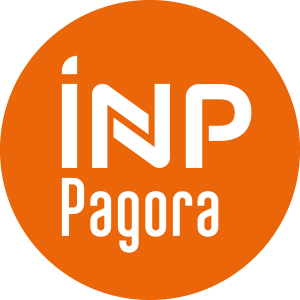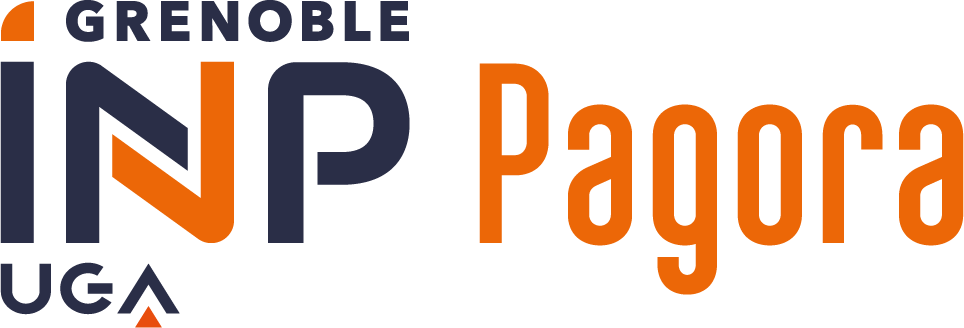Number of hours
- Lectures -
- Projects -
- Tutorials 6.0
- Internship -
- Laboratory works -
ECTS
ECTS 14.0
Goal(s)
Learning outcomes :
- To know and understand the principles of process mapping
- To know how to read a piping and instrumentation diagram (PID)
- To know how to establish/draw the PI diagram of a simple industrial process
- To be able to switch from a PID schema to a functionnal (or block) schema
Denis CURTIL
Content(s)
Why is it crucial to draw diagrams in a process industry?
The different types of diagrams and standards.
Analysis of a PID diagram (related to PAGORA professional field).
Optionnaly, introduction to a PID software.
Evaluation : Description of evaluation conditions in the ‘Evaluation’ field
Resit : Description of evaluation conditions in the ‘Evaluation’ field
Work performed during the sessions, report and oral presentation
The course exists in the following branches:
- Curriculum - Pagora Engineer - Student - Semester 6
Course ID : 3FME2049
Course language(s): 
You can find this course among all other courses.
Environmental security
Déroulement de l’enseignement en salle de cours standard.
Sécurité : RAS
Environnement : RAS
AUROY M. Elaboration des schémas de procédés industriels. Techniques de l’ingénieur (J 6018) 2000.
AUROY M. Processus d’industrialisation - Schémas en industrie de process. Techniques de l’ingénieur (AG3200) 1999.
AFNOR. Tuyauteries, composants de tuyauteries et appareils de processus industriels.
Représentation symbolique. Normes NF E 04-202 1 à 9.
AFNOR. Régulation, mesure et automatisme des processus industriels – Représentation
symbolique. Normes NF E 04-203 1 à 5.



